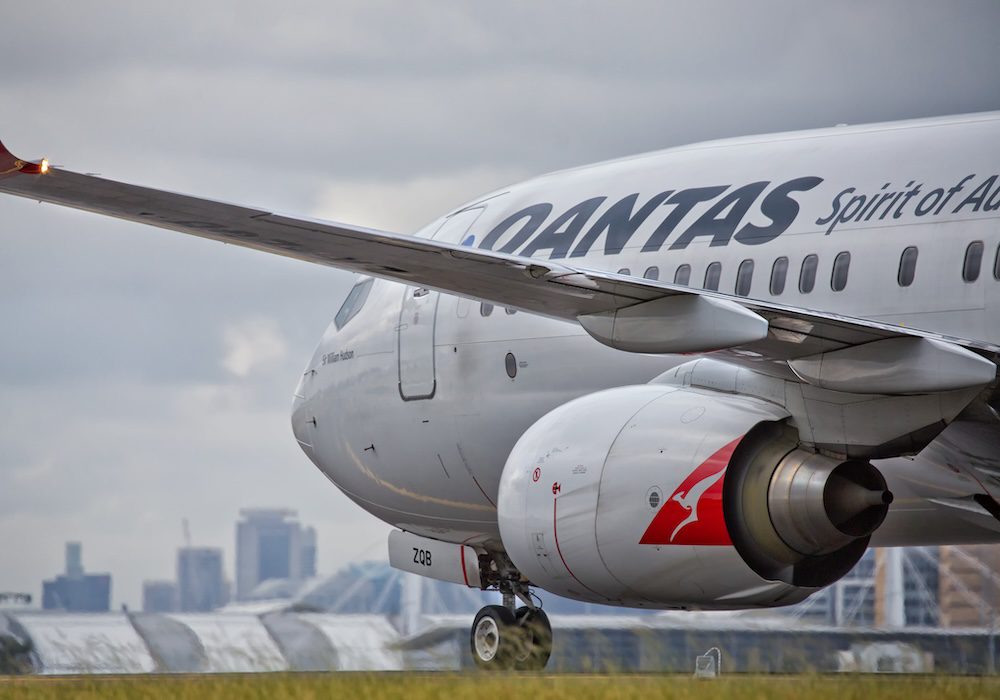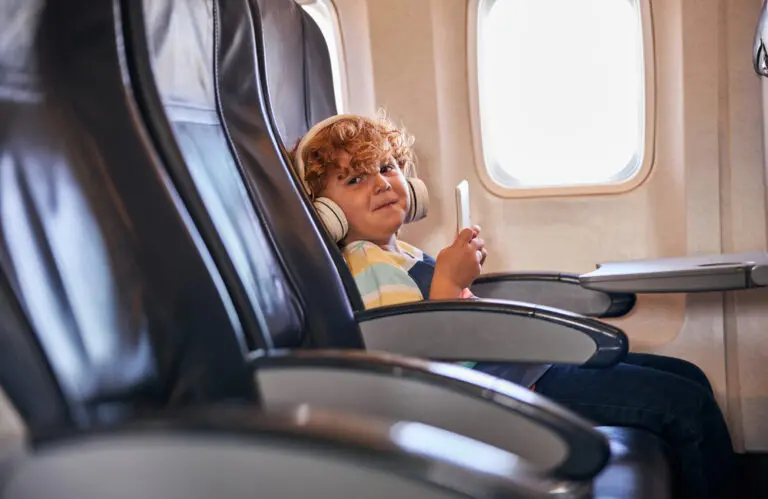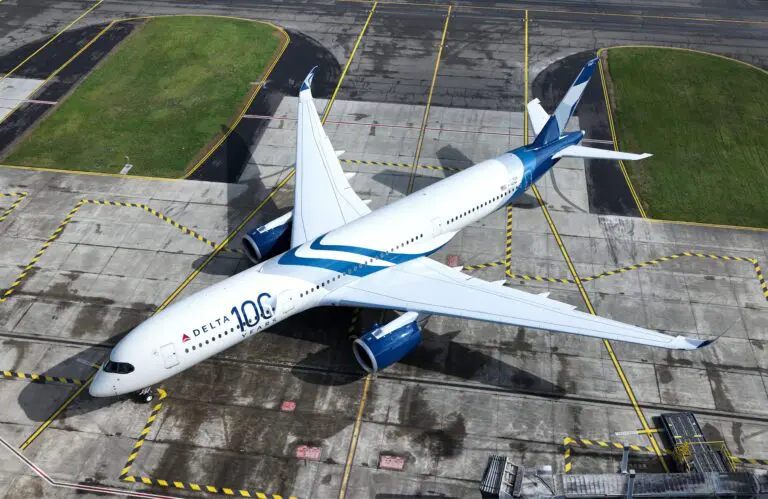The Australian government published its much-anticipated ‘Towards 2050’ Aviation White Paper this week. The 234-page doorstopper aims to achieve an aviation sector that is “safe, competitive, productive and sustainable” by addressing critical issues, including competition, consumer protection, and fair service delivery. So, how did the travel industry respond to the recommendations?
One of the landmark White Papers’ primary focuses, and perhaps the one that received the biggest universal applause, is a long overdue Passenger Charter that will entitle Australian passengers to refunds and compensation for cancelled or unreasonable flight delays.
The timely new Aviation Industry Ombuds Scheme will enable Australian travellers to seek compensation and receive cash refunds for domestic flights that are cancelled or unreasonably delayed, addressing long-standing consumer frustrations in the industry.
Welcoming the government’s response to its reform recommendations, the Australian Travel Industry Association (ATIA) said it was particularly delighted that the Government had heeded its calls to exclude travel agents from the new Aviation Industry Ombuds Scheme.
ATIA said that making this critical decision “prevents travel agents from being burdened with cash-flowing refund schemes—a challenge that has created significant issues in markets like the U.S.”
“The Ombuds Scheme will focus on holding airlines and airports accountable for their conduct, ensuring they meet their obligations to consumers without unfairly targeting travel agents,” it stated.

Commenting on the triumphant outcome, ATIA CEO Dean Long said, “These achievements mark a major win for our members. The exclusion of travel agents from the Ombuds Scheme is particularly significant, ensuring our industry is not unfairly burdened. We’re also pleased to see progress in other critical areas, including disability access, aviation competition and regional connectivity.”
“ATIA will continue to represent the interests of our members throughout the consultation process, ensuring that these initiatives are implemented in a way that benefits both the travel industry and the travelling public,” Long said.
A robust vision for the future?
The ‘Towards 2050’ White Paper also aims to tackle regional Australia’s air connectivity, define new aviation-specific disability standards, outline the transition to net zero by 2050, address the Australian aviation workforce, and address a host of other reform initiatives.
However, not everyone was thrilled with the proposed goals. Some argued that the proposed 2026 start for the formal independent scheme would not come soon enough, and others said it was too reactive.
RMIT University Aviation Academy Director Lea Vesic said, “The Federal Government’s Aviation White Paper seems to reactively address systemic problems in the aviation industry, rather than presenting a robust vision for its future.”

“Although attention has been rightly focused on market competition and consumer rights, there is much more to achieve in reforming the industry.
“Importantly, the government needs to meaningfully address skills demands by empowering training providers to meet industry needs in the long-term, rather than relying on industry to deliver short-term solutions,” Vesic said.
A greater focus on tourism is needed
The Australian Tourism Export Council (ATEC) welcomed the whitepaper in principle and the inclusion of ATEC’s submission, which emphasised the importance of “a comprehensive aviation sector to the success of the Australian tourism industry.“
ATEC Managing Director Peter Shelley said, “The lack of airline capacity and the high cost and infrequency of key domestic routes favoured by international visitors is limiting Australia’s competitiveness as a destination and improving regional services and connectivity is vital to industry growth.”
As such, Mr Shelley was keen to stress the added need for a greater focus on tourism, saying, “The White Paper also recognises the need to secure more capacity in air service agreements ahead of an increase in demand, and ATEC has argued this must also include key tourism growth markets.”
Addressing the role of the Australian aviation workforce, the Transport Workers Union (TWU) said an independent Safe and Secure Skies Commission would be critical to setting enforceable standards for the industry, returning good, secure jobs to aviation, and giving workers, passengers, and the community a voice.

TWU National Assistant Secretary Emily McMillan said: “This White Paper tells us two key things. Firstly, it recognises the need for Federal Government intervention into a deregulated, privatised industry that collapsed under the Morrison approach to ‘leave it to the market’ while pumping in billions of no-strings taxpayer cash.
“Secondly, it demonstrates the urgency for an independent Safe and Secure Skies Commission to be established, to ensure aviation initiatives are backed up by a secure, experienced workforce and binding standards for airline and airport executives.
Welcoming several consumer-focused initiatives in the paper, Ms McMillan said, “It is crucial that no additional pressure is transferred to the workforce who are short-staffed and under the pump after years of driving down pay, working conditions and secure jobs across our airports.
“The long-term sustainability of this industry will continue to be under threat for as long as jobs are low-paid and insecure, and the market continues to be dominated by the profit motivations of privatised airlines and airports without a voice for the community,” said Ms McMillan.
To download the ‘Towards 2050’ Aviation White Paper, head here.





